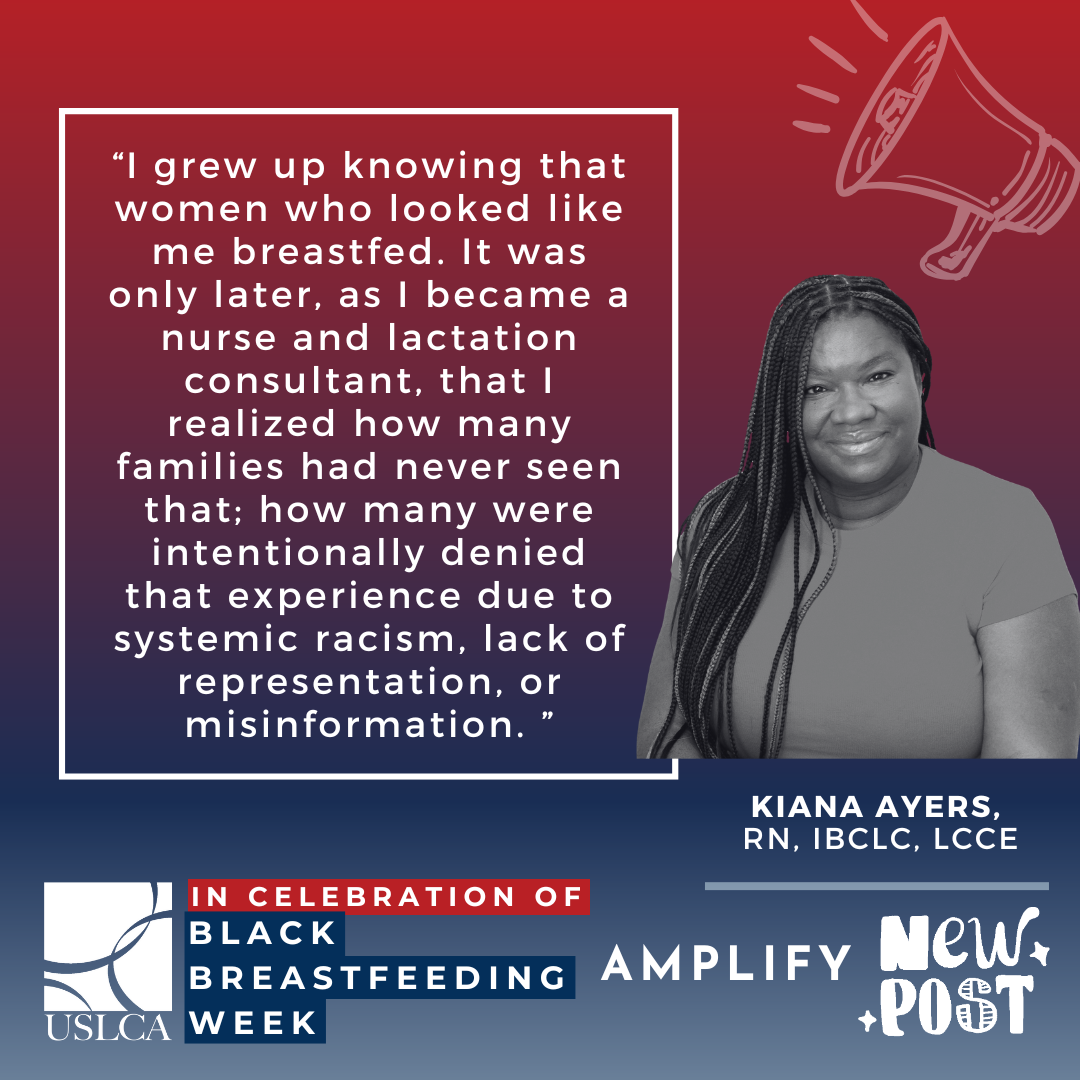The importance of culturally appropriate doula support when birthing in dominant culture establishments
By Dominique Gallo, IBCLC, RLC
 These days, birthing in the hospital is “normal.” When a family gets the news that they are pregnant, most go to see an OB or midwife that is connected or working within a hospital setting. Statistically, Black and brown people who birth in these places have a higher chance of complications after childbirth, complications that often include death. These statistics are the same across all socioeconomic and education backgrounds. There have even been notable incidents of poor care with Black celebrities like Beyonce and Serena Williams.
These days, birthing in the hospital is “normal.” When a family gets the news that they are pregnant, most go to see an OB or midwife that is connected or working within a hospital setting. Statistically, Black and brown people who birth in these places have a higher chance of complications after childbirth, complications that often include death. These statistics are the same across all socioeconomic and education backgrounds. There have even been notable incidents of poor care with Black celebrities like Beyonce and Serena Williams.
There are several reasons for the statistically increased maternal mortality rate and one of them is lack of culturally appropriate care and inherent systemic racism that exists within the US healthcare system.
One intervention that has been shown to help these families are birth doulas, more specifically, doulas of similar race/culture as the parents. Doulas can help to provide culturally competent care while having extra eyes to ensure parents are remaining well, as well as making sure the parents are active participants in their care. Having a knowledgeable person in your corner during a vulnerable time can be empowering and help a birthing parent and their family to feel safer and more protected.
Birth doulas: A doula is a trained companion who is not a healthcare professional and who supports another person through a significant health-related experience, such as childbirth, miscarriage, induced abortion or stillbirth, or non-reproductive experiences such as dying.
Even though doulas can literally change birth outcomes there are barriers to access because most doulas do not work for free (nor should they feel they have to!) There are several non-profit organizations that offer doula assistance at low- to no-cost to make the services available for families, and there are a few states where doula services are covered under private and state insurances. There are even some hospitals that have contracts with local doulas who are available to help parents that are in need.
With these wonderful things in place there are still more things that can be done. Encouraging the legislature to mandate doula support be covered by state insurance, supporting other grassroots efforts that are already working in communities, and supporting local doulas in their efforts are all great ways to ensure this valuable resource will be available to those who need it.
Supporting families of color is supporting society. We as a society cannot continue to move forward while we leave our most vulnerable members behind.



